Give Birding a Try
I'm not really a fan of the term "birder". It sounds too serious. Too hardcore. It gives the impression that is your identity and raison d'etre. I'm more of a softcore birder. (Is that the right term?!) "Birdwatching" is a more apt label for what I do. That relaxed manner is probably why my birding skills are barely beyond novice even though I started this hobby nearly 20 years ago! However, "birding" is easier to say and type, so I will use it throughout the rest of this article to encompass both hardcore birding and
Birding topics will be a recurring theme on this blog. Today's post provides an introduction to the field for those who have perhaps never given any thought to birds and an encouragement to start trying to identify the birds you see around you. Unlike most of my posts that use stock photos, all bird pictures in this post are my own.
Loggerhead Shrike; Grand Canyon National Park, AZ
What is Birding
Maybe there is some formal definition of birding that I could post here. I don't know. I haven't checked. In typical Wisdumb fashion, I'll tell you what I think it is off the top of my head. It is identifying the type of birds you see (and hear) around you. What separates the hardcore from everyone else is the lengths they go to in pursuit of seeing birds and maybe how much skill they have at identifying those birds. By this definition there is a wide spectrum of birders that pretty much includes everyone on the planet.
If you have seen the movie "The Big Year" then you have seen the hardcore birders at one end of the spectrum. They spend big time, and often big money, chasing elusive species. At the other end of the spectrum is the birdwatcher who puts a feeder out in their backyard and is content to tell the difference between a chickadee and a cardinal that visits it. That leaves lots of room in-between, which is where most people land. I'm mostly an opportunistic birder. If I am on vacation someplace, I get excited about trying to see new birds in the area that I haven't seen before. So far, I haven't taken a vacation specifically to bird, but I could see that happening in the future.
Locally, I go to bird hotspots and hike around for a few hours trying to identify all the birds I see. I have no set schedule. I go when I feel like it. Spring and Fall migration are the most exciting times with higher chances of seeing a rarity, so I tend to go out more then. Every once in a while, I will go chase a sighting of an unusual bird reported on one of the various local birding groups. There are birding hotspots all over. This map shows the hotspots in the Metrowest Boston area. As you can see, they are all over.
Lists
Most birders keep lists. There are programs and apps to help with this. Stay tuned for an upcoming post on Tools of the Trade that goes into details on those. Spoiler Alert... I recommend the eBird app and website for recording sightings and Merlin app for identifying birds. For many, the goal is to see as many different species as possible. Sometimes they put bounds on this. For example, in "The Big Year" the bounds were to see as many species as possible in a specific geographical area (Continental US + Alaska I think) in a single calendar year. Other people do less ambitious big years for their state or county. I take the lazy approach and do a "big year" for my yard every year, which requires little effort and no cost. I've surpassed my record this year with 48 species seen or heard from my yard so far.
The most common list people keep is the life list. This is a record of every bird species you have identified throughout your life. When you hear someone talking about a lifer, that is a new bird they added to their life list- a bird they had never seen before. My life list is a rather pathetic 295 (about 2.5% of the world's species). I just checked and that puts me at #47,122 on the Cornell Ornithology Lab's eBird listings. The top birder has more than 9500 species ID'd! On the other hand, there are 819,795 birders on eBird, so that puts me in striking distance of the top 5%. Maybe that's pretty good after all.
Rules
There are no rules! Ok, while that may be technically true, it isn't entirely accurate. There are commonly accepted ethics for birding that most of which are common sense and apply to everyone, not just birders. Most ethical guidelines focus on not disturbing birds or the environment, particularly for vulnerable species. If you are taking part in an officially sanctioned event (like recognized big years or bird-a-thons) there may be a specific rule set that you have to follow. You can find the American Birding Association code of ethics here.
When it comes to reporting your sightings, birding works on the honor system. This has always been uncomfortable for me. It turns out identifying birds is hard and there is a lot of room for people to make mistakes. I hope highly skilled birders make way fewer mistakes than me and have higher confidence in all their sightings. I almost always try to get proof of what I have seen via photograph (or audio recordings) for any new or unusual sighting. I have had reviewers inspect one of my photos and point out a mistaken identification, sometimes years later. As a result, I try to be 99% sure of my ID before submitting it to eBird. For a new life bird, I want to be 100% sure. I always wonder if other amateur birders are holding themselves to this same standard? For the most part, it seems they do. They're an honorable bunch, birders. "The Big Year" highlighted this in one segment where the main character, who is made out to seem kind of weasel-y, refuses to count a bird based on a single call, suspecting it could have been another birder making the call.
Why You Should Bird
There are many reasons to bird. Here are some of the reasons I've gotten hooked on it.
For the challenge
Identifying birds is hard. Surprisingly hard. Once you get past the everyday birds you see at your feeder, things get tougher. Determining that a bird is a sparrow or a sea gull isn't too hard. Determining which species of sparrow or which species of gull you are looking at is much, much harder. I use a camera to take pictures of the bird and can spend lots of time pouring over the pictures and bird books and often time still can't determine which species I saw. It's sooo frustrating. This is great! If it were easy, I'd probably get bored with it quickly.
If telling a Fox Sparrow from a Song Sparrow isn't hard enough for you, there are bird species that you can't tell apart by sight. You have to identify them by their song. I've only recently started working on identifying birds by ear and it is a whole new level of challenge. There is always something new to learn.
For Science
eBird is run by the Cornell Lab of Ornithology. It is one of the largest citizen science projects in the world. All of the user-submitted checklists are aggregated into a large database that can be mined for all kinds of scientific information on various species as well as changes in population, migration patterns and dates, etc. It also serves as a repository for photos and audio of all species throughout the world. Every checklist you submit is contributing to science. I love it!
For Your Health
Birding can be a great way to get exercise. It seems like every time I head out for what I think will be a quick hour at the Wildlife Management Area, I end up spending several hours and cover 5+ miles of trails in what seems like a blink of an eye. It's a great excuse to get outside and do some walking or hiking.
For an Excuse
Use your imagination here. Maybe it is your excuse to go to Costa Rica. Go to see birds you can't see anywhere else! Or it could be your excuse for getting out of that baby shower you got invited to. "Sorry I have to bail. A Trumpeter Swan was spotted in the next county. That's a lifer for me, I have to go try to see it." Get creative!
For Camaraderie
Admittedly, this isn't a top reason for me, but it is for many people. There is joy in sharing an exciting sighting with other people. Most of my birding is solo. Attempts to bring my family along on a birding excursion always end in whining and complaining, so I've given up on that. I do often run into fellow birders while I'm out and have gotten to know some of the regulars I run into at various locations. I've attended a few organized events and participate in online forums. I do wish I could find a local mentor to help me learn more and get better at identifying various birds. Perhaps in retirement I will have time to join a birding club.
Because Birds are Awesome
The plumage, the colors, the diversity, the behavior. Everything about them is fascinating.
Get Started
Starting is easy. You don't need anything but your eyes. Figure out what birds you are seeing around you every day. You can download a free app like Merlin or Audubon to help with identification. As you progress, you can add binoculars and field guides. I'll go into more details on birding apps and equipment in my next post.
Happy Birding!

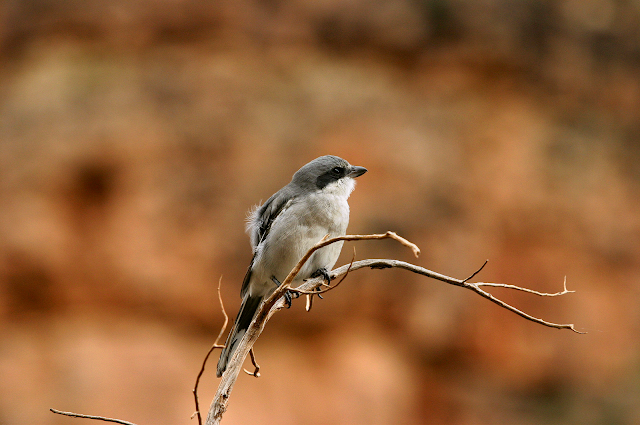


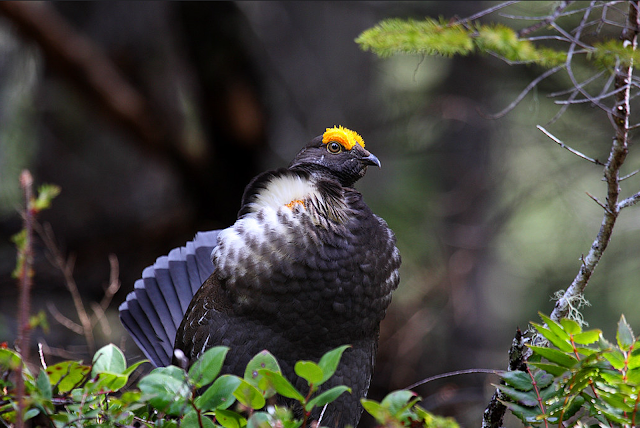

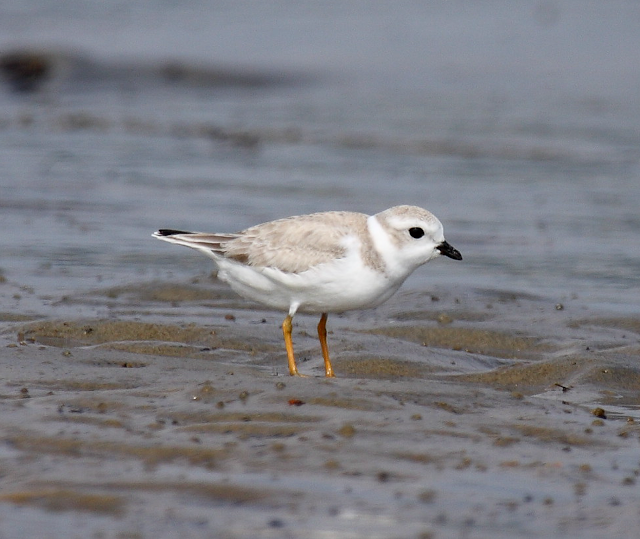
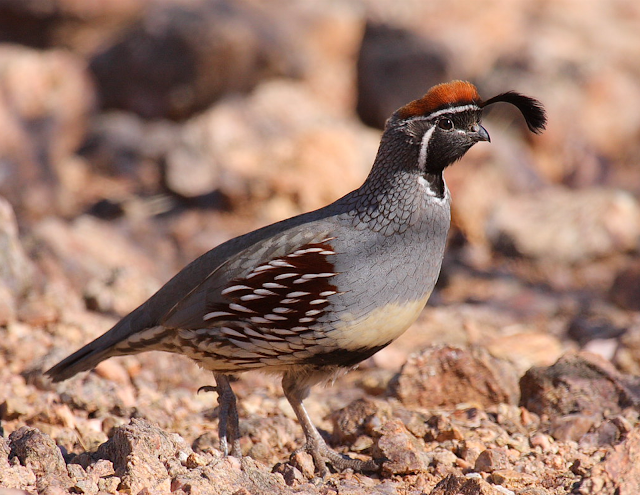
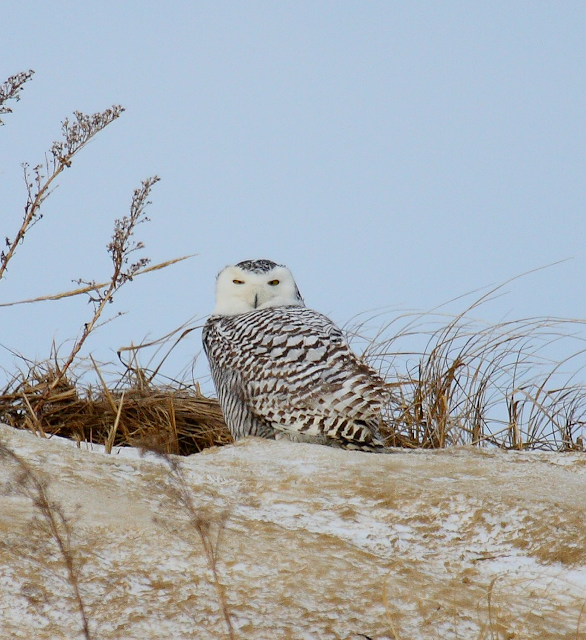
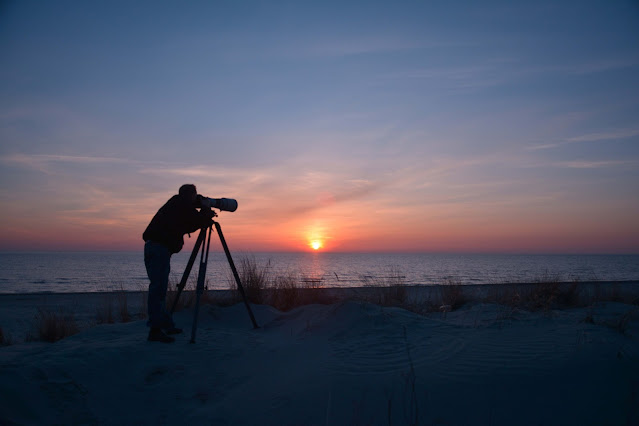


Comments
Post a Comment